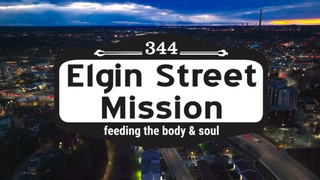in a real estate transaction, your lawyer charges legal fees for their time and expertise, but there are also disbursements. These are out-of-pocket costs that your lawyer pays on your behalf to third parties to complete the transaction. You reimburse them at closing.
Here are the typical disbursements in a home purchase or sale
Common Disbursements in Real Estate Closings
1. Title Search Costs
Your lawyer searches the property’s title history to ensure there are no liens, claims, or defects.
Fees go to the provincial land registry system.
2. Execution / Writ Searches
Checks whether the buyer or seller is subject to judgments, bankruptcies, or other claims that could affect the property.
3. Land Registration Fees
Charged by the Land Titles Office for registering documents such as:
Transfer/Deed
Mortgage (if financing involved)
4. Title Insurance Premium
Protects you and your lender against title-related issues (fraud, survey errors, undiscovered liens).
Optional in theory, but almost always used instead of a full survey.
5. Courier, Fax, or Postage Charges
For sending documents, certified cheques, or mortgage instructions.
6. Software / Admin Charges
Lawyers use specialized conveyancing software (e.g., Teraview in Ontario). The license and transaction fees are passed along as disbursements.
7. Bank / Wire Fees
For certified cheques, wire transfers, or handling mortgage funds.
8. Miscellaneous Searches (if applicable)
Zoning compliance letters
Tax certificate (confirms property tax status is up to date)
Utilities certificate (in some municipalities)
Community
Video
Podcast
Real Estate - Tristan and Spencer discuss disbursement details
Episode 4
admin
September 05, 2025
60 views
1 min read






